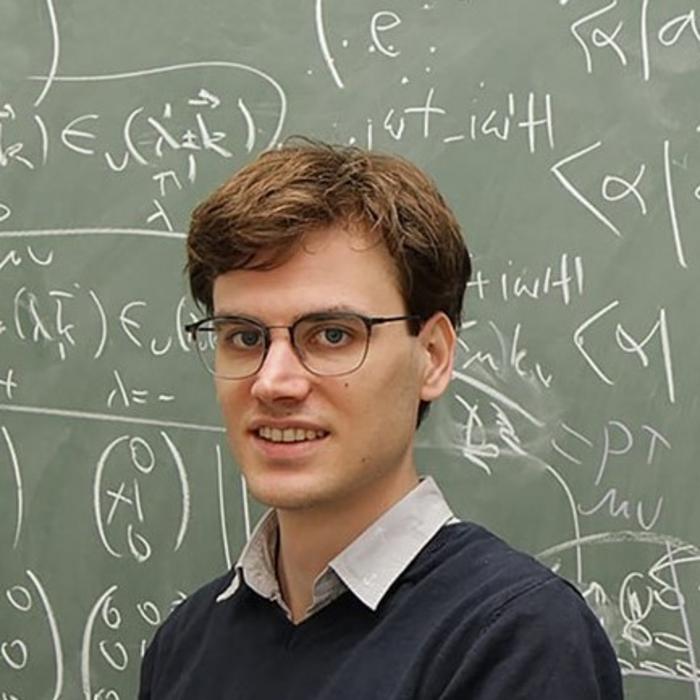Dr. Pieter Gunnink from the Institute of Physics at Johannes Gutenberg University Mainz (JGU) has been awarded a EUR 190,000 Marie Skłodowska-Curie Postdoctoral Fellowship by the European Commission. The grant is an individual award for Gunnink’s outstanding achievements in the field of spintronics and provides financial support for his research over a period of 24 months.

Credit: © DRSTP
Dr. Pieter Gunnink from the Institute of Physics at Johannes Gutenberg University Mainz (JGU) has been awarded a EUR 190,000 Marie Skłodowska-Curie Postdoctoral Fellowship by the European Commission. The grant is an individual award for Gunnink’s outstanding achievements in the field of spintronics and provides financial support for his research over a period of 24 months.
Modern information processing relies heavily on the use of electrical current, the transport of which requires large amounts of energy. The field of spintronics aims to replace the electrical currents by spin currents, which consume much less energy. In addition, spintronics would enable new information processing techniques, such as efficient neural network calculations.
External enhancement of the spin current in open magnon systems
A primary objective in the field of spintronics is to achieve the transport of spin, the internal angular momentum of electrons, over long distances. To achieve this goal, Dr. Pieter Gunnink will develop a theoretical framework for external enhancement of the spin current in open magnon systems. Magnons are the excitation of magnetic materials and can be affected by a wide range of external factors. Typically, this is a downside since it suppresses the magnon transport, but by engineering the external environment it is possible to enhance the transport of magnons.
Gunnink will achieve the enhancement of magnon transport in two ways: by considering a magnon system in an optical cavity, where the light will interact with the magnon transport, and by coupling the magnon systems to a neighboring metal layer. Through exploring these approaches, he hopes to develop the field of open magnon transport, enabling new information processing techniques.
Pieter Gunnink obtained his PhD from Utrecht University in the Netherlands and moved to Mainz in October 2023 to work in the group of Dr. Alexander Mook. During his Marie Curie fellowship he will be jointly supervised by Professor Jairo Sinova and Dr. Alexander Mook.
The EU’s Marie Skłodowska-Curie Actions program support researchers at all stages of their careers, regardless of subject area or nationality. The funding program was set up by the European Commission to support the mobility of researchers across countries and sectors. It also aims to make scientific careers more attractive and Europe an even more interesting research location. The aim of the Marie Skłodowska-Curie measures is to create a strong pool of European researchers.
Related links:
- https://mook-group.uni-mainz.de – Research group of Dr. Alexander Mook at the JGU Institute of Physics
- https://marie-sklodowska-curie-actions.ec.europa.eu – Marie Skłodowska-Curie Actions




